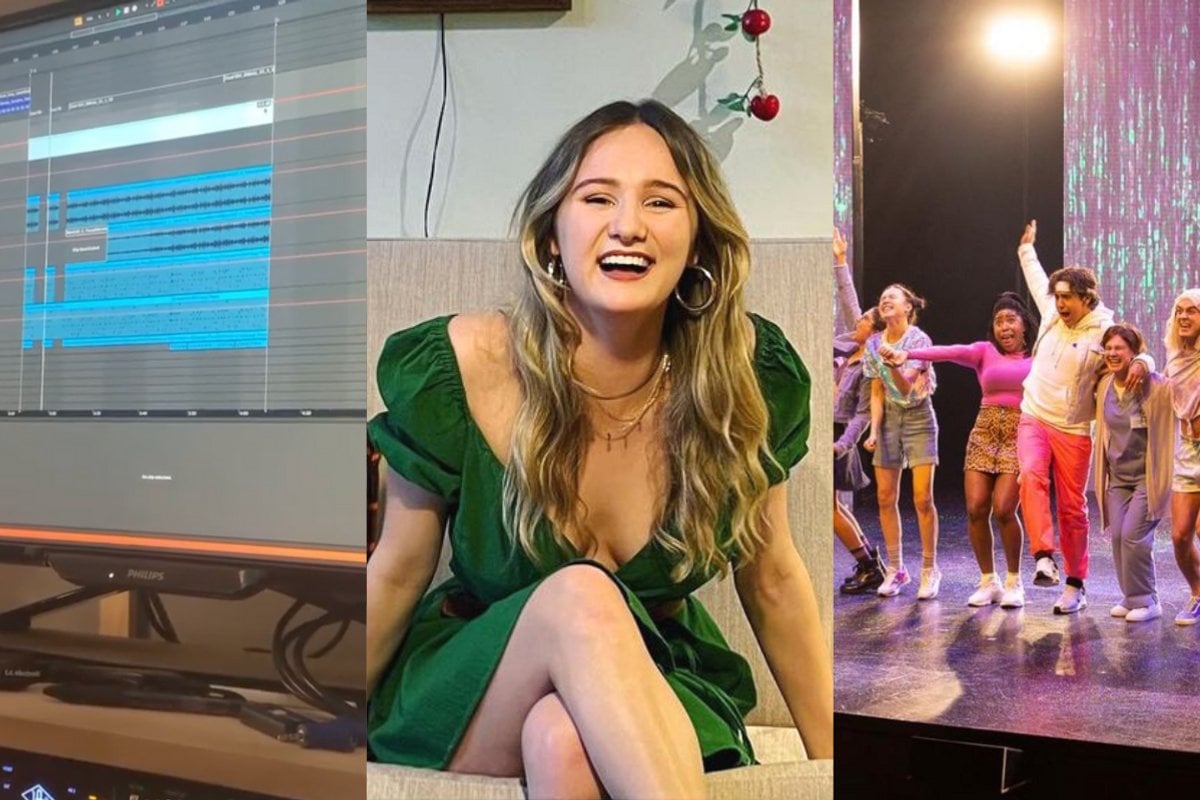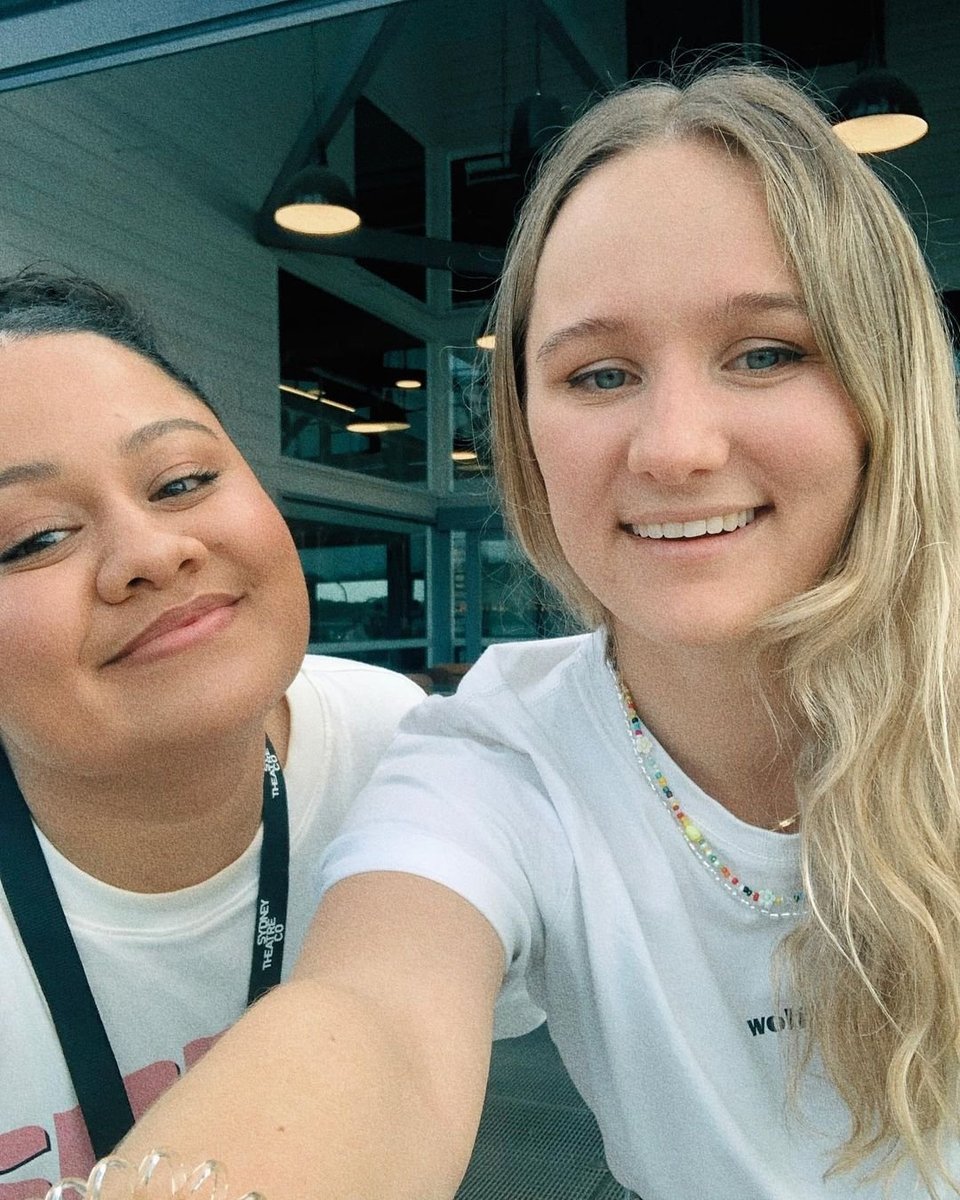

Yve Blake distinctly recalls not quite knowing what to do with her arms.
As a teenager, the Australian screenwriter, creator and playwright says she felt nothing like the representations of teens she saw on TV and in movies. She remembers that particular brand of awkwardness most teens (and nostalgic adults) can relate to.
This might go some way towards explaining why Yve went on to create her very own musical. One that delves deep into what it’s really like to exist in this world in those in-between not-a-child-but-not-yet-an-adult years.
As the parent of a young teen daughter myself, who has been a fangirl many times over (that’s applicable to me too!), I’m struck by the way society dismisses the passions of young women and girls. So, I'm thrilled to find a celebration of them in the new musical, FANGIRLS.
FANGIRLS, with an ARIA nominated soundtrack, rave reviews, and a group of its own self-proclaimed fangirls, clearly hit the right note in its audience and critics. But the concept was something of a revelation to Yve, who discovered that her own preconceptions of fangirls were narrow and incomprehensive, and so are society’s.
Naturally, the success of the feminist show—which is on at Sydney Opera House from July 28 until September 4—funnels many questions Yve’s way. After all, how does one go about creating a ground-breaking, award-winning and nationally-touring musical?
 Yve Blake (right) with FANGIRLS lead Manali Datar (left), playing the role of Edna. Image: Instagram @yveblake.
Yve Blake (right) with FANGIRLS lead Manali Datar (left), playing the role of Edna. Image: Instagram @yveblake.
